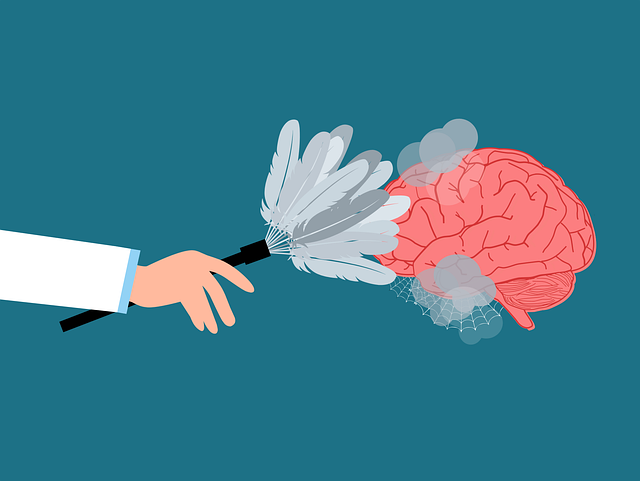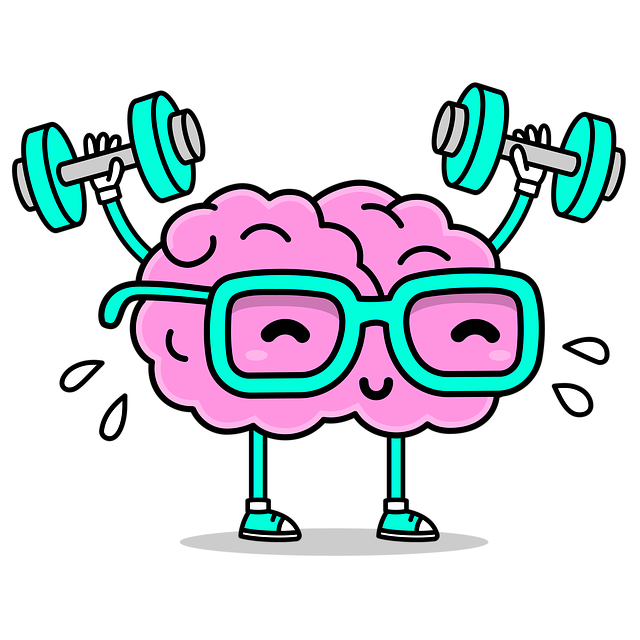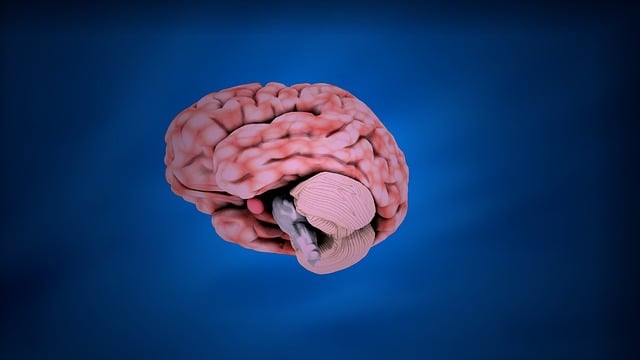Anxiety in young children, often triggered by events like parental divorce, manifests through crying, irritability, sleep issues, and avoidance. Specialized therapy for young children divorce focuses on building resilience using positive thinking, self-care routines, CBT techniques, mindfulness exercises, and age-appropriate activities to process emotions and develop effective coping strategies. This holistic approach, including self-care routine development, promotes emotional intelligence, enhances well-being, and offers anxiety relief for children affected by divorce or trauma.
Anxiety among young children is a prevalent concern, with divorce being a significant contributor. This article offers a comprehensive guide to managing anxiety in this vulnerable population. We explore signs and causes of anxiety in young kids, highlighting the crucial role of therapy, particularly cognitive behavioral therapy (CBT), in mitigating divorce-related fears. Additionally, we provide practical mindfulness and relaxation techniques, along with building resilience strategies, offering valuable tools for parents and caregivers to support children post-divorce.
- Understanding Anxiety in Young Children: Signs and Causes
- The Role of Therapy in Managing Divorce-Related Anxiety
- Cognitive Behavioral Therapy (CBT): A Step-by-Step Guide
- Mindfulness and Relaxation Techniques for Calming Anxious Minds
- Building Resilience: Strategies to Empower Children Post-Divorce
Understanding Anxiety in Young Children: Signs and Causes

Anxiety is a common challenge faced by young children, yet its manifestation and causes can differ significantly from those in adults. Understanding anxiety in this age group involves recognizing distinct signs that may include frequent crying, irritability, difficulty sleeping, and sudden avoidance of familiar places or activities. These symptoms can be particularly concerning as they may disrupt a child’s daily functioning and overall development.
Several factors contribute to the onset of anxiety in young children. One prominent cause is experiencing trauma, such as parental divorce or separation, which can lead to intense feelings of fear and insecurity. Other triggers include genetic predisposition, brain chemistry imbalances, and environmental influences like excessive screen time or a stressful family environment. Fostering positive thinking through therapy can help mitigate these effects, promoting resilience and coping mechanisms that support better mental health, especially during challenging life transitions like divorce. Additionally, encouraging self-care routine development for young children can significantly contribute to burnout prevention and enhancing their ability to manage anxiety symptoms effectively.
The Role of Therapy in Managing Divorce-Related Anxiety

Divorce can be a profoundly stressful event, and for young children, it can manifest as anxiety that requires professional intervention. While many turn to healthcare providers for support, therapy specifically tailored for divorce-related anxiety in children is essential. This approach goes beyond addressing symptoms to help children process their emotions and develop coping mechanisms that will serve them well into adulthood.
Therapy for young children facing divorce offers a safe space where they can express their feelings through play, art, or conversation, depending on their age and comfort level. Through techniques like Mind Over Matter principles and cultural competency training, healthcare providers equipped to handle these sensitive cases can guide children towards better emotional regulation. By fostering understanding and resilience, therapy empowers children to navigate the changes ahead with greater ease and confidence.
Cognitive Behavioral Therapy (CBT): A Step-by-Step Guide

Cognitive Behavioral Therapy (CBT) offers a structured approach to managing anxiety, particularly effective for young children navigating complex emotions. This therapy focuses on identifying and changing negative thought patterns that contribute to anxious behaviors. By understanding how thoughts, feelings, and actions are interconnected, children can learn to challenge distorted thinking and replace it with more realistic, positive thoughts.
The process begins with a collaborative assessment where the therapist helps the child recognize triggers and anxious responses. This is followed by a step-by-step guide: teaching conflict resolution techniques to manage triggering situations, incorporating mindfulness meditation for present-moment awareness, and providing trauma support services if needed. Through exercises like thought recording and behavioral experiments, children gain tools to face their fears, reframe thoughts, and engage in soothing activities, ultimately building resilience against anxiety.
Mindfulness and Relaxation Techniques for Calming Anxious Minds

Mindfulness and relaxation techniques are powerful tools to calm anxious minds, especially in young children navigating the complexities of therapy after a divorce. These practices can be integrated into daily routines as part of a comprehensive self-care routine development for better mental health. Simple mindfulness exercises, such as deep breathing or guided meditations, help children focus on the present moment, reducing worries about the past or future. By encouraging them to observe their thoughts and sensations without judgment, these techniques foster a sense of control and resilience in managing anxiety.
Additionally, relaxation strategies like progressive muscle relaxation or visual imagery can induce a state of deep calm, counteracting the physical symptoms often associated with anxiety. Incorporating such practices into their lives can offer children healthy coping mechanisms for dealing with stress and depression prevention. It empowers them to actively engage in their well-being, promoting a sense of self-efficacy and overall anxiety relief.
Building Resilience: Strategies to Empower Children Post-Divorce

After a divorce, children often experience anxiety and distress. Building resilience in young minds is crucial for their emotional well-being and future adaptability. Therapy for young children post-divorce can play a pivotal role in this process by teaching them coping mechanisms to navigate life changes. Through specialized counseling sessions, children learn to express their feelings, understand their emotions, and develop healthy strategies to deal with stress and anxiety.
Empowering children with self-esteem improvement techniques is an essential part of the healing process. Public awareness campaigns development around divorce can also contribute by offering support systems and resources for both parents and children. By fostering open communication, encouraging positive self-talk, and promoting healthy habits like regular exercise and quality sleep, therapy sessions help prevent burnout and build resilience in children affected by divorce.
Anxiety management is a crucial aspect of fostering healthy development in young children, especially those navigating divorce. By understanding the signs and causes of anxiety, parents and caregivers can implement effective strategies like cognitive behavioral therapy (CBT), mindfulness practices, and building resilience to support their children’s emotional well-being. Therapy, whether through specialized programs or tailored techniques, plays a pivotal role in addressing divorce-related anxiety, empowering kids to cope and thrive in challenging times.














